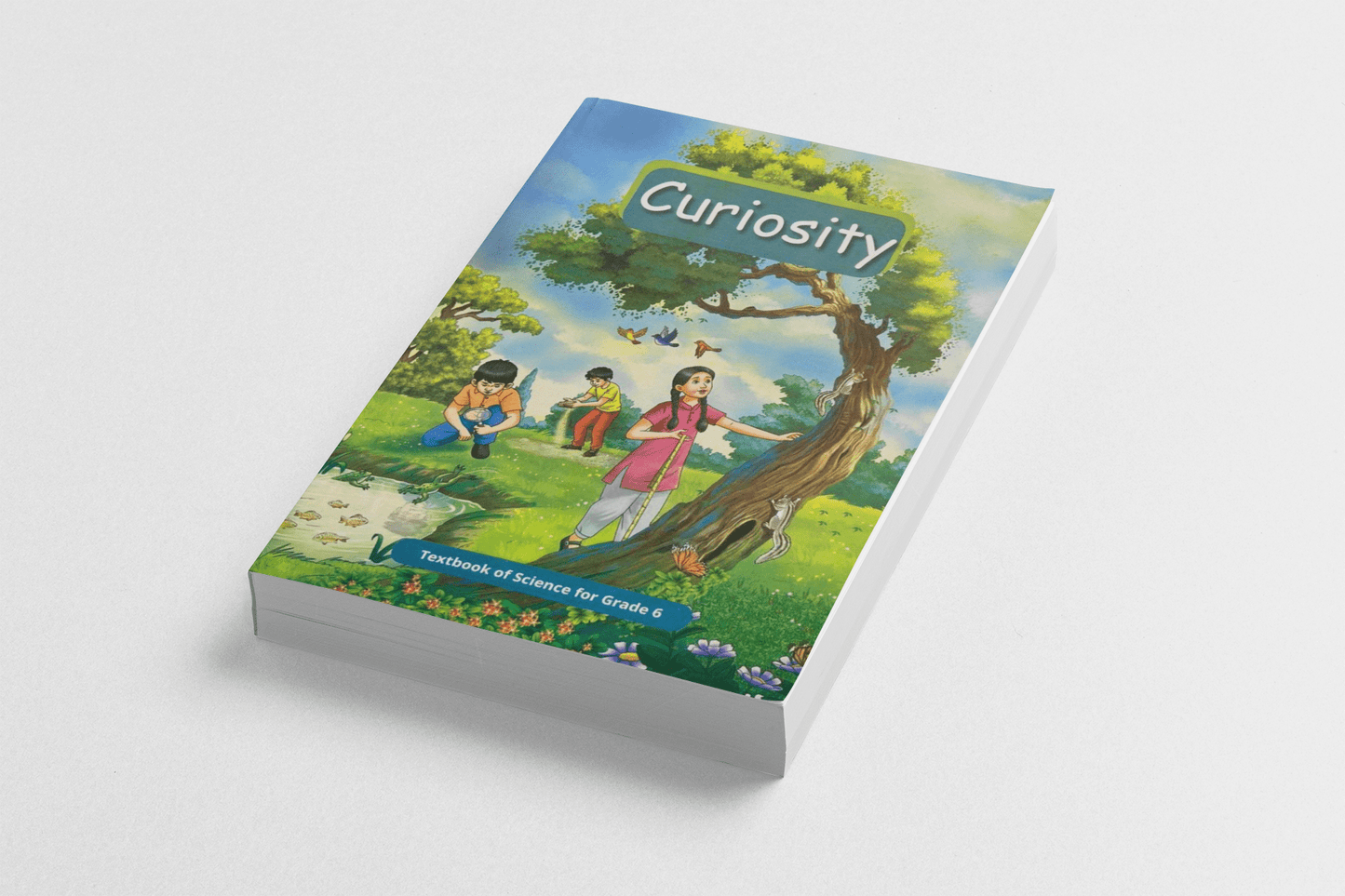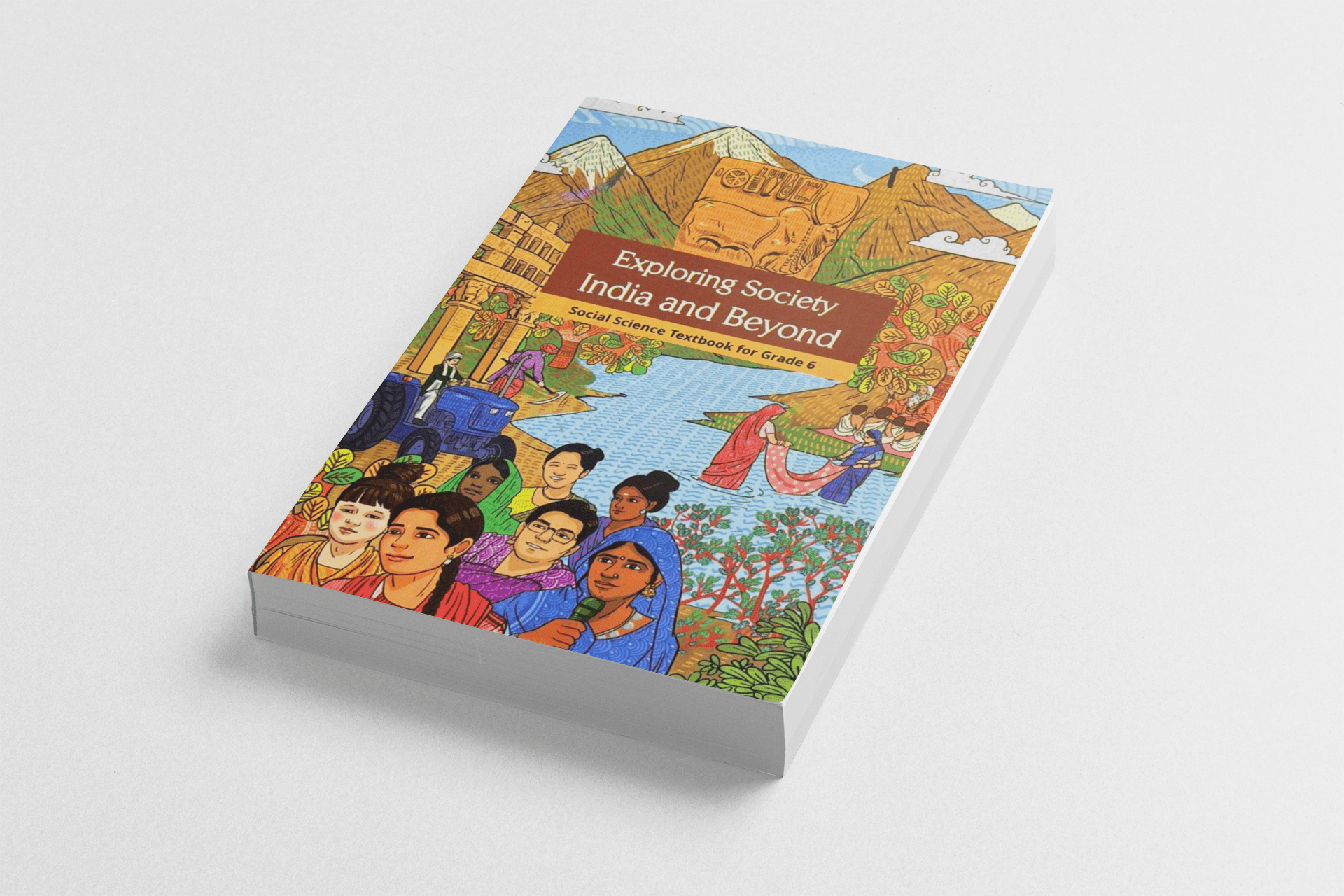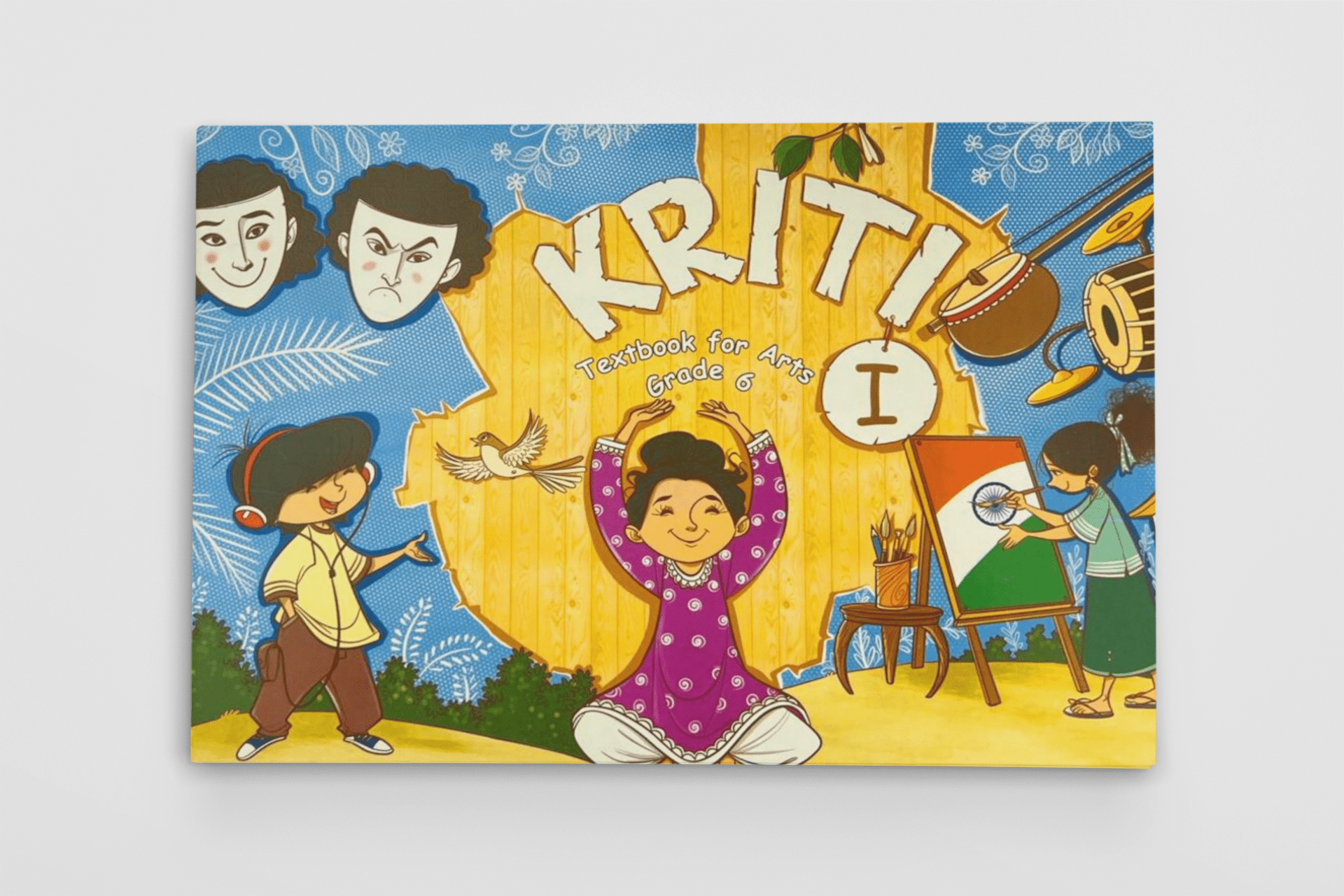The NCERT Science (Curiosity) Textbook for Class 6 is designed to spark students' interest in scientific concepts through engaging content and hands-on activities. It covers various topics that help students understand the natural world and develop critical thinking skills. Here’s an overview of the key topics typically included in the textbook:
Key Topics
-
Food: Where Does It Come From?
- Sources of food: plants and animals.
- Understanding the food chain.
-
Components of Food
- Nutrients: carbohydrates, proteins, fats, vitamins, and minerals.
- Importance of a balanced diet.
-
Fibre to Fabric
- Different types of fibers: natural and synthetic.
- Processes of making fabrics.
-
Sorting Materials into Groups
- Classification of materials based on physical properties.
- Understanding solids, liquids, and gases.
-
Separation of Substances
- Techniques for separating mixtures (filtration, evaporation, etc.).
- Importance of separation in daily life.
-
Changes Around Us
- Physical and chemical changes.
- Examples of changes in everyday life.
-
Getting to Know Plants
- Structure and functions of plants.
- Types of plants and their habitats.
-
Body Movements
- Types of movements in humans and animals.
- Understanding joints and muscles.
-
Living Organisms and Their Surroundings
- Characteristics of living organisms.
- Ecosystems and habitats.
-
Motion and Measurement of Distances
- Understanding motion, speed, and distance.
- Basic measurement techniques.
-
Light, Shadows, and Reflection
- Properties of light and how shadows are formed.
- Basics of reflection and refraction.
-
Electricity and Circuits
- Introduction to electricity and its sources.
- Understanding simple circuits.
-
Fun with Magnets
- Properties of magnets and magnetic materials.
- Uses of magnets in everyday life.
-
Water
- Importance of water for life.
- The water cycle and conservation.
-
Air Around Us
- Composition of air and its importance.
- Understanding the atmosphere.
-
Waste Management
- Types of waste: biodegradable and non-biodegradable.
- Importance of waste management and recycling.
Activities and Experiments
The textbook includes various hands-on activities and experiments that encourage students to explore scientific concepts practically. Some examples may include:
- Simple experiments to test the properties of materials.
- Observing plant growth under different conditions.
- Building simple circuits.
Learning Objectives
The Science (Curiosity) textbook aims to:
- Encourage curiosity and inquiry-based learning.
- Develop observational and analytical skills.
- Foster a sense of responsibility towards the environment.
If you need specific details or activities from the textbook, just let me know!
Latest for 2025 Examination.




